The weather is getting hotter and hotter, and it is difficult to avoid sweating, especially when going outdoors or doing strenuous exercise. However, Dr. Chu Thuy of the Fourth People's Hospital of Xi'an (Shaanxi, China) warns that some abnormalities in sweating can be a sign of illness. Therefore, we should pay more attention to our sweating regardless of the season of the year.
According to Dr. Chu, sweating is a very normal physiological manifestation of the human body. When the body surface temperature exceeds 37 degrees Celsius, we need to sweat to dissipate heat. The characteristics of sweating such as amount, smell, location, and timing may vary from person to person. This is due to differences in sweat glands, physical condition, exercise habits, age, and environment. But in anyone, if you detect these 7 types of sweating, you should be careful because they often warn of illness:
1. Night sweats

Unusual night sweats can be a sign of cancer. The most common are lymphoma, bone cancer, leukemia, etc. Its characteristic is that during the day you may not sweat or sweat little, but at night you sweat a lot, even when the sleeping environment is cool. Sweat often wets the back and even the whole body, continuously for a long time. Night sweats due to cancer are often accompanied by weight loss, fatigue, aches, chills, etc.
2. Spontaneous sweating
Dr. Chu explains that spontaneous sweating means that you sweat for no apparent reason when you are awake but not when you are sleeping. This condition occurs even when the weather is not too hot, you are not exercising vigorously. It is often accompanied by people who are easily tired, pale, and afraid of cold. This can be a sign of sweat gland disorders, anemia, immunodeficiency, spleen disease or excessive body humidity, poor blood circulation in traditional medicine.
3. Sweaty hands
Normally, our hands do not sweat much when the weather is not too hot. But if your hands are always damp with sweat, you need to be aware that it may be due to hyperhidrosis. This condition is caused by excessive sweat secretion in the hands without being affected by the outside temperature. The patient may have abnormal sweating in the feet, armpits and groin. These sweat-producing parts are susceptible to dermatitis, rashes and some other diseases.
4. Sweating on one side of the body
Do not be subjective if you have unusual sweating only on the right or left side of your body. It could be a warning sign of a stroke, especially for people with high blood pressure or high cholesterol. It is best to go to the hospital's neurology department immediately for timely examination, without delay.
5. Sweating only on the head
If only the head sweats frequently or sweats too much, it is likely due to illness or long-term illness causing dysfunction of the internal organs in the body. The characteristic of this type of sweating is that the head sweats easily, the skin of the head - face - neck may be itchy but the whole body does not sweat. According to Dr. Chu, this phenomenon is common in people with neurological diseases, especially anxiety disorders. It can also be due to liver or blood vessel disease. In addition, if it occurs in adults accompanied by weight loss, pain, fever, and prolonged fatigue, it may be due to cancer.
6. Excessive sweating on the back
The back is a place that easily sweats when hot or when exercising vigorously, but it can also hide many health problems. Especially if you sweat on your back even when it is cool, sitting in one place or lying down to sleep at night or during the day and other parts do not experience the same condition. Dr. Chu reminds that this may be due to hormonal imbalance, causing hypothalamic dysfunction, leading to increased body temperature. This condition is often seen in some endocrine diseases such as hyperthyroidism (excess thyroid hormone), diabetes (insulin deficiency), hypoglycemia, etc.
7. Cold sweats
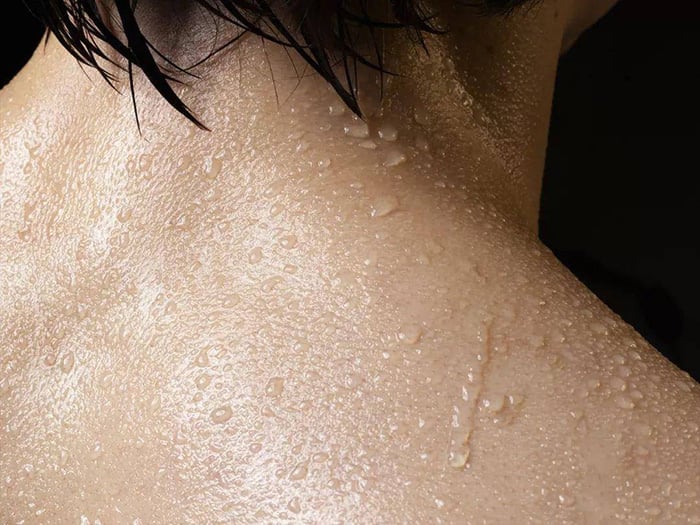
Cold sweats are a condition in which the body suddenly sweats a lot, accompanied by a feeling of chills, cold, clammy skin, most commonly on the palms of the hands and soles of the feet. Cold sweats can be a sign of myocardial infarction - a life-threatening complication caused by blockage of the coronary arteries supplying the heart. If accompanied by cold sweats and fear of cold, dizziness, hunger, and palpitations, it can also be due to problems related to blood sugar levels.
Source




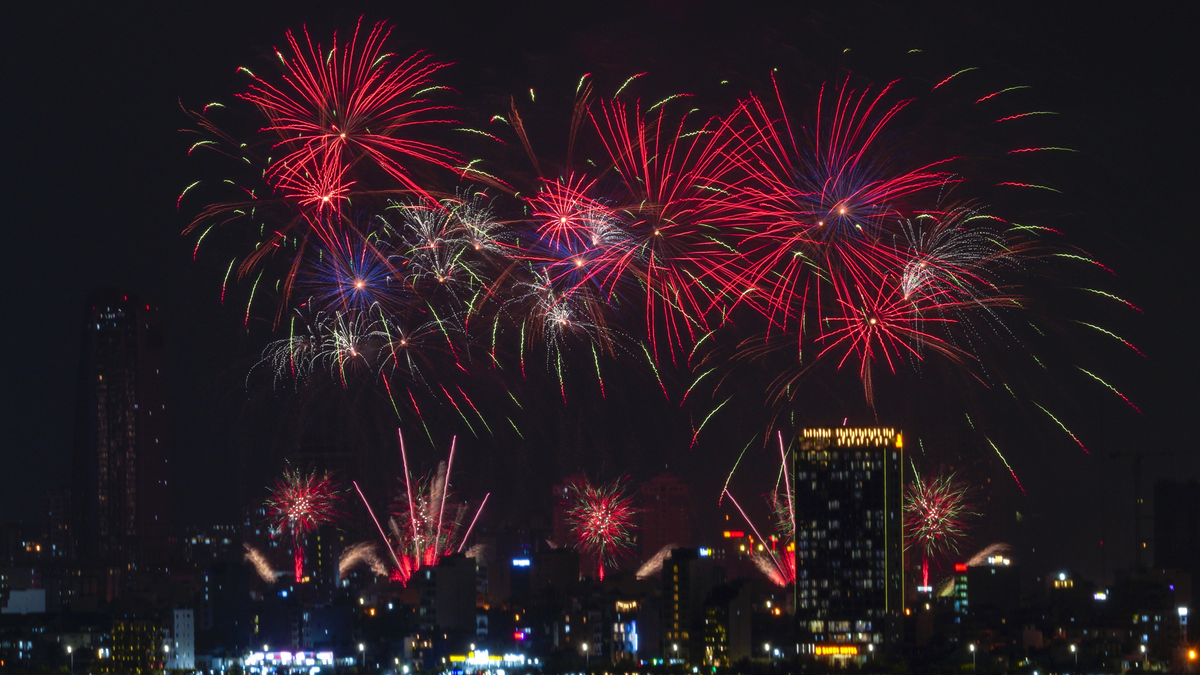






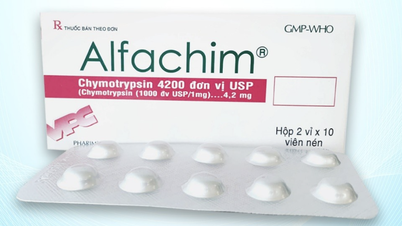

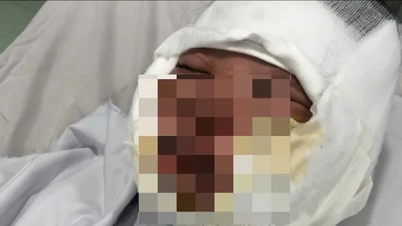


























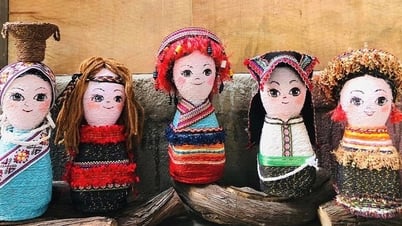









![[Maritime News] Wan Hai Lines invests $150 million to buy 48,000 containers](https://vphoto.vietnam.vn/thumb/402x226/vietnam/resource/IMAGE/2025/6/20/c945a62aff624b4bb5c25e67e9bcc1cb)














![[Infographic] Party Committee of the Ministry of Culture, Sports and Tourism: Marks of the 2020 - 2025 term](https://vphoto.vietnam.vn/thumb/402x226/vietnam/resource/IMAGE/2025/6/22/058c9f95a9a54fcab13153cddc34435e)









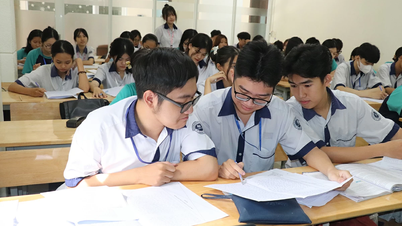
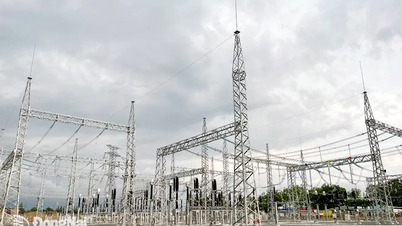













Comment (0)